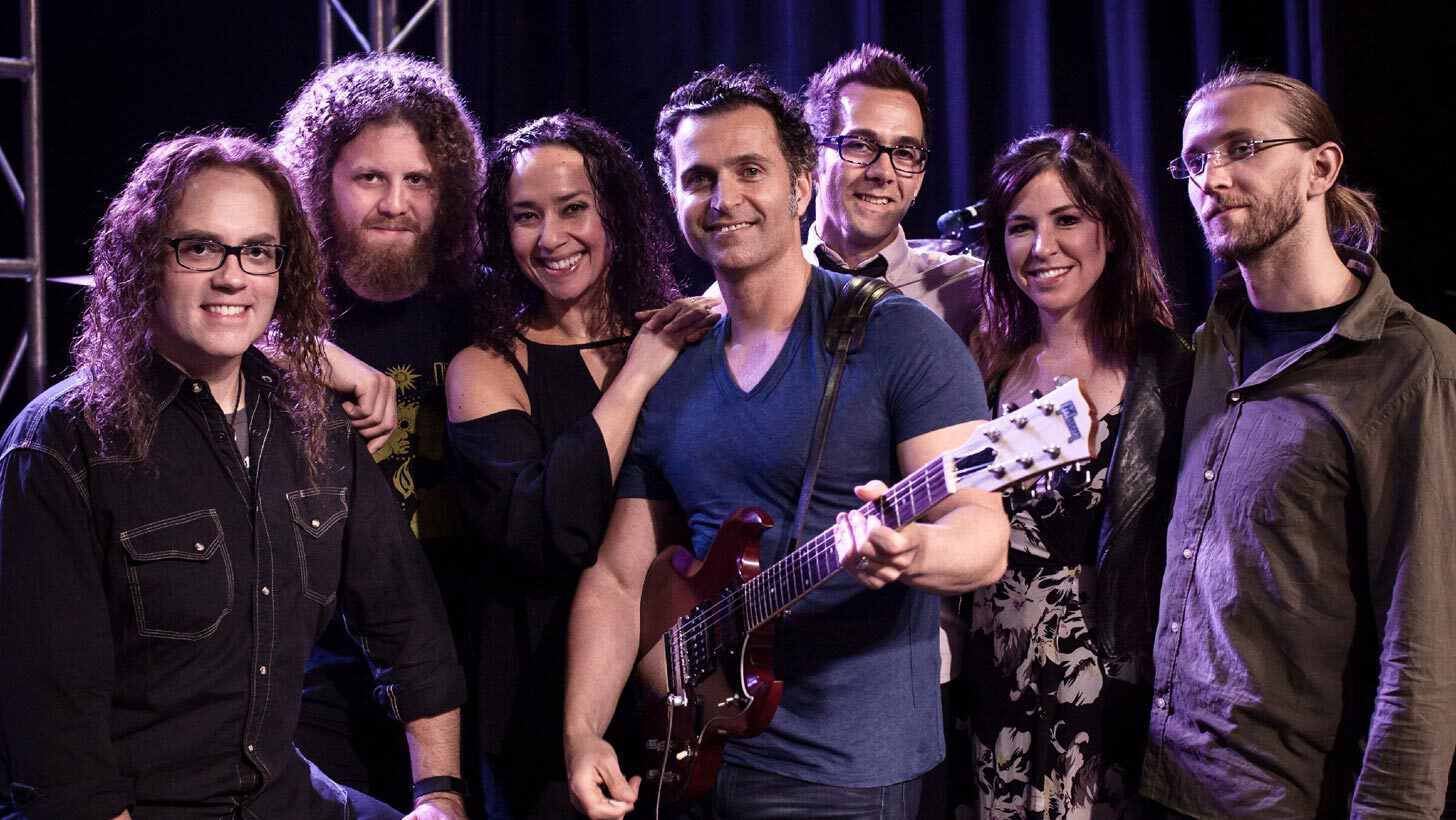Dweezil Zappa
Hot Rats Live + Other Hot Stuff 1969Monday, Feb. 24 • 8pm • All-agesKiMo Theatre • 423 Central Ave. NW$30 reserved seating • $75 w/VIP Sound Check PartyMusic Interview: Dweezil, Son Of Frank
The Zappa Legacy Includes Hot Rats

Latest Article|September 3, 2020|Free
::Making Grown Men Cry Since 1992

Dweezil Zappa
Hot Rats Live + Other Hot Stuff 1969Monday, Feb. 24 • 8pm • All-agesKiMo Theatre • 423 Central Ave. NW$30 reserved seating • $75 w/VIP Sound Check Party